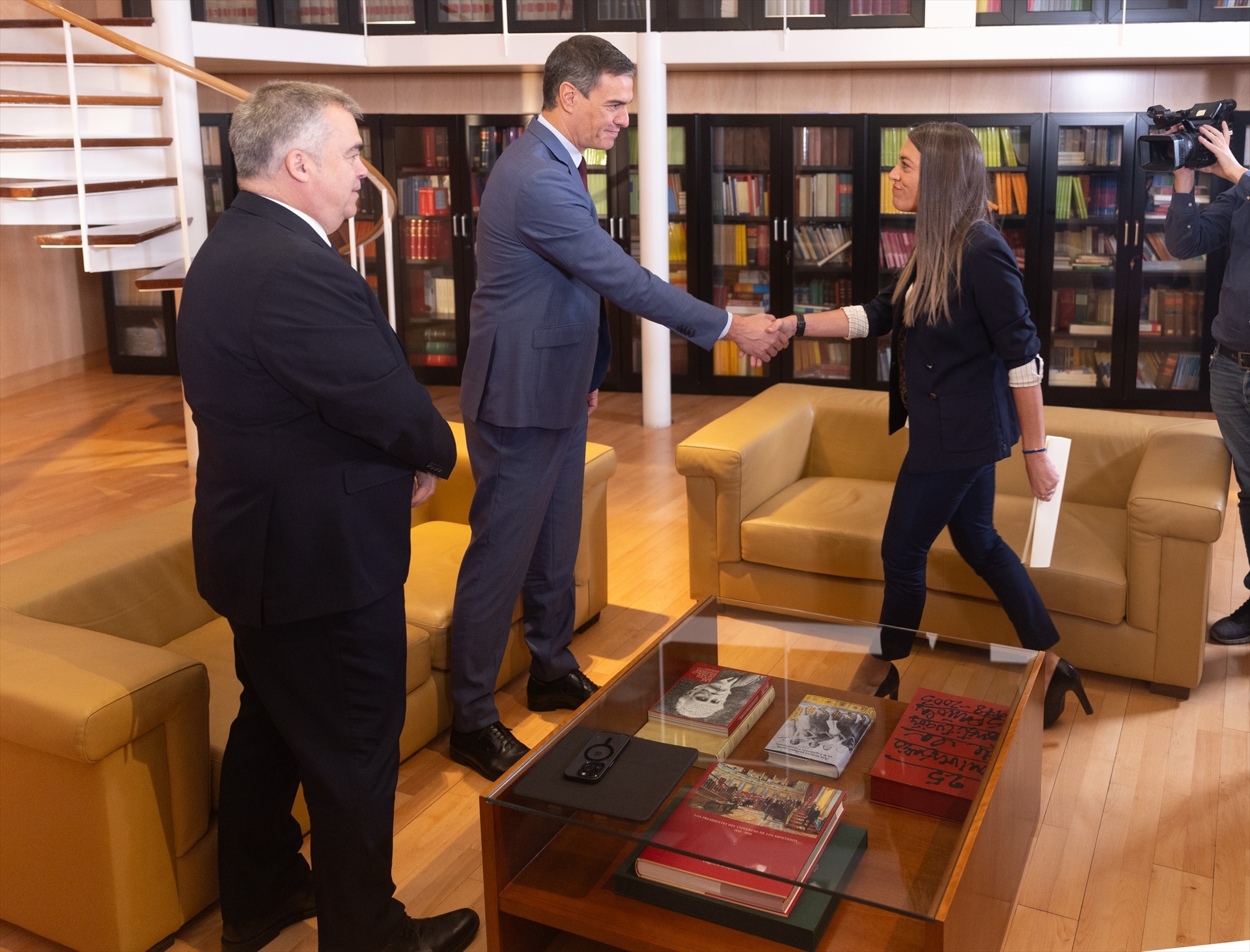"We have the highest immigration rate in the whole Iberian Peninsula, 16.2%, more than two points above that of Madrid, and we do not have the powers or the resources to manage it." This phrase goes back to September 5th, when Catalan president-in-exile Carles Puigdemont held a conference in Brussels to specify the conditions under which his party Together for Catalonia (Junts) would negotiate the party's support for the investiture of a Spanish government. Thus, Puigdemont showed that one of the issues on which Junts would focus throughout the legislature would be immigration. Míriam Nogueras, Junts spokesperson in the Spanish Congress, would later also reflect this: on November 15th, she highlighted that Catalonia has 23% of the Spanish state's immigrant population, while the Catalan population represents 16% of the Spanish territory as a whole. Two months later, and as a result of negotiations to endorse the decree-laws of the Spanish government, the party founded by Puigdemont announced an agreement with the governing Socialists (PSOE) for the comprehensive delegation to the Catalan government of powers on immigration.
In the statement made public by Junts shortly after the vote on the three decrees, the party affirmed that this delegation "will be accompanied by the necessary resources and will allow Catalonia to make policy comprehensively, so that it is the Catalan government and the Parliament of Catalonia that determine their own policy, appropriate to the needs and reality of the country". However, after the announcement, one incognito remained: what exactly does this delegation of powers entail? What is the Generalitat of Catalonia able to manage in terms of immigration, based on this agreement?
Here's how the delegation of immigration powers will materialize
Both parties have said it: firstly, Junts, on Wednesday through its statement, and then the PSOE on Thursday, through presidency ministry Félix Bolaños, have detailed that this delegation of powers will be articulated through Article 150.2 of the Spanish Constitution, requiring a specific law for Catalonia to be passed. Article 149 of the Constitution states that the state has exclusive jurisdiction over nationality, immigration, emigration, foreigners' issues and the right to asylum. In the next section, 150.2 stipulates that "the state may transfer or delegate to the autonomous communities, by means of an organic law, the compentencies that are held by the state which by their nature are suitable for transfer or delegation". The Constitution nevertheless adds that it will be the specific law that "will provide for the corresponding transfer of financial resources" to pay for it, as well as "the forms of control that are retained by the state". In this regard, it is worth remembering that the Constitutional Court ruling on the Catalan Statute of Autonomy also limited the scope of that document's Article 138, on immigration.
The jurisdictional priorities of Junts in the immigration field
Following Wednesday's agreement, the talks will now begin to draft the law that will set out the questions over the areas of jurisdiction that the Generalitat will assume in immigration. This new law, like any other, will have to be approved by an absolute majority of MPs in Congress over the coming months. Although in radio interviews on Thursday, both Míriam Nogueras and Junts secretary general Jordi Turull admitted that "the fine print cannot yet be stated as the law has yet to be written" and that what was agreed is "the general decision in the political area", from Junts they have already outlined some priorities: control and decision on migratory flows - that is, being able to set quotas - strengthening Catalan as the language of reception for those who migrate and, in cases of multiple criminal offending, decision-making capacity on expulsion of the perpetrator.
Already at midday today, Spain's first-ranked deputy PM, María Jesús Montero, argued in an interview with TV network La Sexta that "it still remains to negotiate the scope of the delegation of powers", avoiding any clarification of whether the delegation will allow Catalonia to decide on the expulsions of repeat offenders. The treasury minister made it clear that the competence "will continue to be held by the state" because it is exclusive to the state, but that, "within the framework defined by the law", the Generalitat will be able to "develop the areas relevant to immigration". As an example, she spoke of "integration through language" so that new arrivals "can live together on equal terms with the rest of the citizens".
What powers does Catalonia already have?
Just like the rest of Spain's autonomous communities, Catalonia currently has exclusive competences for the initial reception of immigrants (essentially, this refers to orientation and educational aspects). And although most of these tasks are carried out by city councils, they also include the areas of integration of immigrants, the custody of their right to political participation, unaccompanied foreign minors and monitoring that they receive equal treatment.
The rest of the competences, in the hands of the state, are distributed across five ministries. The interior ministry deals with border control, collaboration with police authorities in migrants' countries of origin, returns and expulsions of those migrants who are in irregular administrative situations and the management of Centres of Internment of Foreigners. In turn, the ministry of inclusion, social security and migrations has competence over drawing up and designing the policies of the executive with reference to foreigners, and is also responsible for numerous reception and integration policies focused on care and help for migrants. In this respect, the youth and children ministry is the coordinator of policies for children, even though they are transferred to the autonomous communities. And the two remaining departments are those of foreign affairs and transport: the first manages policies of international relations and cooperation with developing countries; while transport is the ministry that has maritime rescue under its baton.

